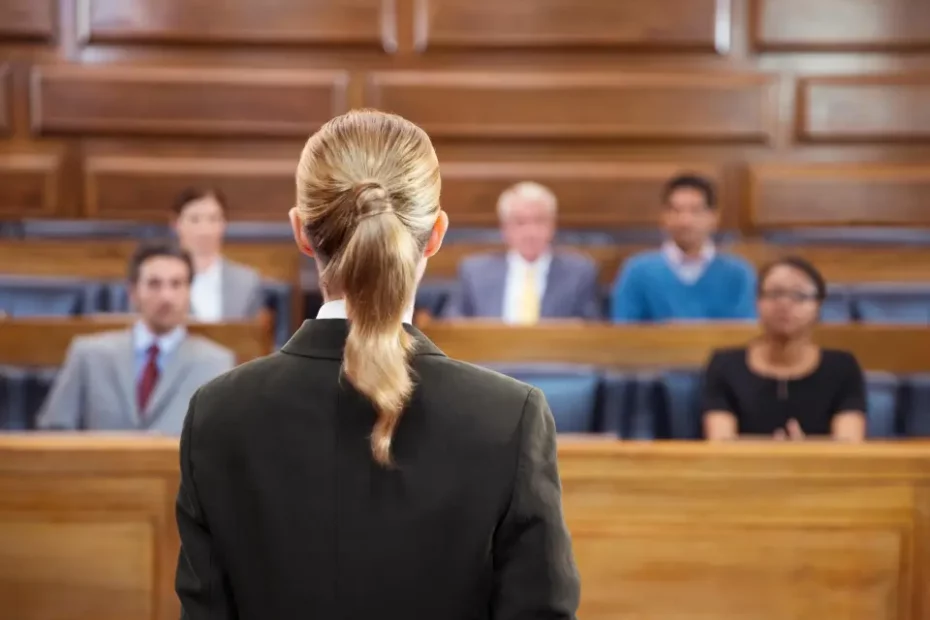When you’ve been convicted of a crime, you have the right to appeal your case. However, you must have a valid reason for your appeal.
This is a very complex process that requires a dedicated criminal attorney to file your appeal properly. You should not attempt to do it yourself!
Ineffective Assistance of Counsel
A defendant’s right to competent representation is protected by both the federal and state constitutions. Criminal defendants have a variety of remedies if their counsel does not perform their duties, and these include obtaining a new attorney or appealing their case on a grounds of ineffective assistance of counsel.
If a criminal defendant is able to show that their defense attorney did not perform his or her duties properly, and the failure of their attorney to provide adequate assistance prejudiced them during the trial, then a court may reverse the conviction on grounds of ineffective assistance of counsel.
Typically, a claim of ineffective assistance of counsel is raised on collateral review (habeas corpus), rather than on direct appeal. The most important requirement for a claim of ineffective assistance of counsel to succeed is the prejudice prong.
Insufficient Evidence
A defendant may appeal their conviction if the evidence at trial was insufficient to establish their guilt. An appellate court will review the evidence presented to determine if there were any errors that may have affected the outcome of the trial.
When examining the evidence at trial, appellate courts generally give deference to the testimony of witnesses and jurors. However, the court must also determine that the errors were prejudicial.
For example, if a defendant’s attorney argues that there was insufficient evidence to prove that the defendant committed a crime, the court of appeals will set aside the verdict if the defendant’s arguments are true.
During the criminal appeal process, an attorney will use a wide range of legal theories to prove that their client’s conviction should be overturned. Among these arguments are those of insufficient evidence and other issues of law.
Defective Trial Procedure
If a defendant is appealing a conviction, the first thing that the appellate court will look for is whether there was an error at the trial level. The error must be a material one, which means it should have made a significant impact on the result at trial.
Plain error is another important ground for appeal in criminal cases. The appellate court will consider an error as plain if the judge failed to notice it during trial, even though the parties did not bring the error to the attention of the trial court in the form of timely objections.
The burden of proof for a new trial based on newly discovered evidence is high, as the defendant must show that: (a) the newly discovered evidence was not negligently sought; (b) it is material to an issue in the case; and (c) there is a reasonable probability that a different result would have been reached in a trial had it been discovered at the time of the original conviction.
Defective Jury Selection
One of the most challenging aspects of criminal appeals is jury selection. The panel of potential jurors are selected based on the law and their qualifications to decide the case.
The jury may be made up of six jurors in a state court and twelve in federal civil or criminal trials. The jury’s most important task is to inquire into the facts of a case and declare a verdict in favor of the plaintiff or defendant.
The most common error made during jury selection is the failure to use the most cost effective method of selecting a fair and balanced panel of jurors. The most obvious way to do this is to require each party to file an affidavit of fact in support of their claims of eligibility to serve on the panel.






